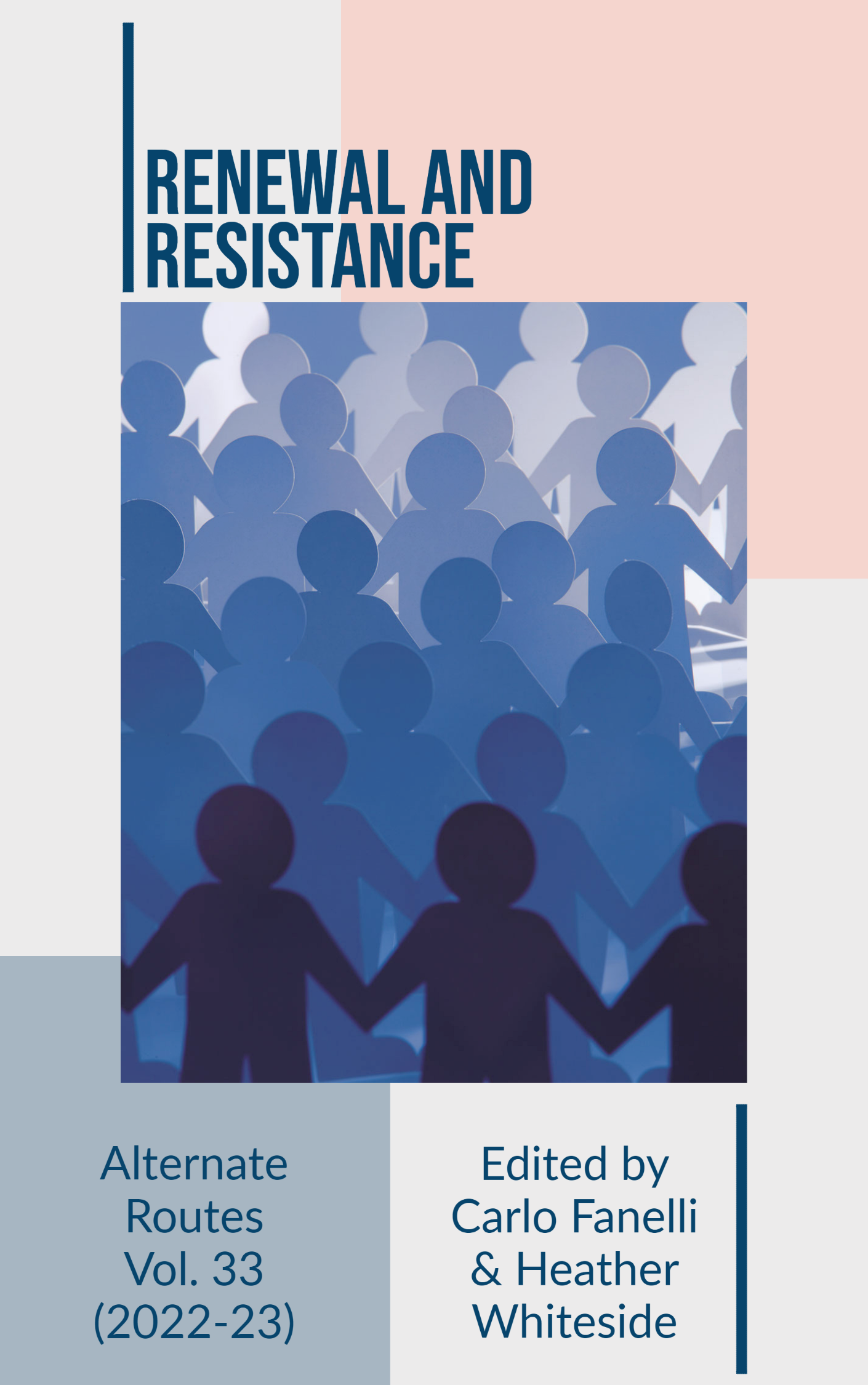Professional Employees’ Transformative Potential: Labour Aristocracy or New Working Class
Abstract
Class forces founded in production relations are basic agents of continuity and change in all societies today. The main distinction is between those who own means of production and those they hire to produce goods and services, along with others they hire to coordinate and control the producers. Of course, these class differences interact with relations based on race, gender, age and other specific conditions. But those analysts who choose to focus on these factors while either ignoring class relations or reducing them to cultural distinctions are missing the underlying profit-driven dynamic of advanced capitalism. The aim of this paper is to identify the basic classes producing goods and services in advanced capitalism and assess their disposition to progressive change. If we want to move toward a sustainable equitable future, we need to 'find the horses' to get us there. Are non-managerial professional employees’ likely candidates?
Downloads
Published
How to Cite
Issue
Section
License

This work is licensed under a Creative Commons Attribution-NonCommercial-NoDerivatives 4.0 International License.
Articles are published in Alternate Routes: A Journal of Critical Social Research under the Creative Commons "Attribution/Non-Commercial/No Derivative Works" Canada licence.
The copyright for the articles published in this journal is retained by the authors, with first publication rights granted to the journal. By virtue of their appearance in this open access journal, articles may be used, with proper attribution, in educational and other non-commercial, not-for-profit settings. The submission of a manuscript to Alternate Routes will be taken to mean that the author understands and agrees to the following:
- the manuscript represents original work not previously published;
- the manuscript is not being considered elsewhere for publication in the same language (publication elsewhere in an alternate language does not preclude acceptance of submission to Alternate Routes);
- appropriate written copyright permissions have been secured for republication of any copyrighted material contained in the manuscript;
- copyright for this article is retained by the author, with first publication rights granted to Alternate Routes;
- by virtue of its appearance in this open access journal, it is understood that the article is freely available for use, with proper attribution, for educational and other non-commercial purposes;
- reuse of the article for commercial purposes by anyone other than the author requires permission of the author;
- the author agrees to cite Alternate Routes as a source whenever h/she later republishes or reuses the article in other platforms.


